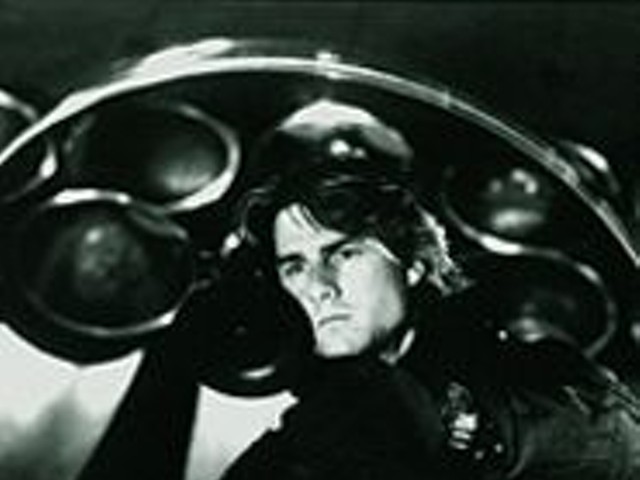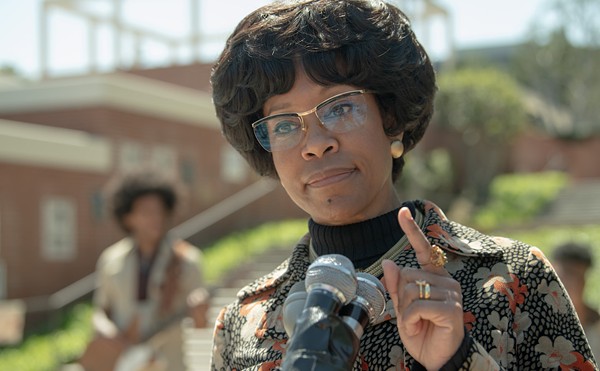Adrien (François Cluzet, star of Round Midnight) is a middle-age writer with a heavy-duty midlife crisis. He hangs entirely with a crowd of fans and friends who are 15 or 20 years younger, but he can no longer pretend that the years aren't passing. He's tired of writing books whose literary qualities seem to ensure his own lack of recognition and that barely enable him to pay his bills. He has recently been informed that he is seriously ill and needs a major operation.
Adrien is the center of Late August, Early September, but, interestingly, he is not its protagonist. He isn't onscreen all that much, and we're less privy to his inner life than to those of three or four other characters. Yet everything about the others is presented in terms of how Adrien and his crisis affect their lives.
Although Assayas frequently hops from one character to another, the most present is Gabriel (Mathieu Amalric), a 30ish protégé of Adrien's. Gabriel is at a transitional moment in his life: Both professionally and personally, he's reaching an age where it seems no longer possible to drift toward some idealized, but not yet transpiring, adult life. It's put-up-or-shut-up time.
It's also increasingly clear that Adrien may not be the most attractive role model; it's certainly difficult to look forward to replicating the bitterness with which he now regards his life. For Adrien, it may be too late to grow up: His denial of his health problems won't give him time.
Assayas' style is like a documentary. The camera bobs and weaves among the characters like an eager participant, shifting attention from one to the next and carefully examining expressions. Likewise, the structure has a real-life feel: There are six acts, separated by lapses of time. The director is like an invisible voyeur, eavesdropping and observing the characters, then choosing to organize his footage around Adrien's impact on the lives of his friends.
This hyperreal approach isn't going to be everyone's cup of tea: Outside of one or two sex scenes, the movie is primarily -- and quite deliberately -- talking heads, and almost every scene is in closeup, close two-shots or medium two-shots. Like some of Ingmar Bergman's later films, Late August, Early September is confident that the actors can maintain our visual interest. In this sense, the movie is almost stagy. But it constantly makes use of one of cinema's greatest advantages over the stage -- the closeup. Assayas sees no need to tell us flatly what his characters are thinking; he knows that his actors can do so without words.
In French with English subtitles.
Plays at 8 p.m. May 26-28 at Webster University's Winifred Moore Auditorium.





